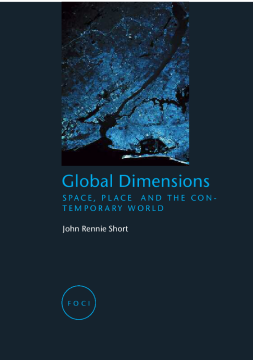
Additional Information
Book Details
Abstract
Globalization is one of today's most powerful and pervasive ideas – for some a welcome dream, for others a nightmare. The term is used in the popular press as a sort of shorthand for the notion that all parts of the world are becoming more alike. It is also used as a marketing concept to sell goods, commodities and services. "Going global" has become the mantra for a whole range of companies, business gurus and institutions.
John Rennie Short disagrees with this interpretation, arguing that the world today actually thrives on local differences and that a global polity tends to reinforce – not repress – the power of individual nation-states. He insists that globalization is not so much replacing difference with sameness as providing opportunities for new interactions between spaces and locations, new connections between the global and the local, new social landscapes and more diversity rather than less.
. . . well written . . . there is certainly plenty of argument based on personal viewpoints [and] drawing extensively on straightforward examples' - Progress in Human Geography
John Rennie Short is Professor of Geography at Syracuse University and the author of Representing the Republic: Mapping the United States, 1600-1900 (Reaktion, 2001).
